The AI Slop Epidemic: Pinterest's Bid to Clean Up Its Feed
Imagine scrolling through your favorite social media platform, only to stumble upon a "dreamy" living room with a price tag that seems suspiciously low. Or coming across a "stunning" portrait of a celebrity that looks eerily like a Photoshopped image from the 90s. Welcome to the world of AI-generated content, where the lines between reality and fantasy are increasingly blurred.
For Pinterest users, this phenomenon has become all too familiar. The platform's image-centric UI has proven particularly susceptible to "AI slop" – a term coined to describe the proliferation of low-quality, algorithmically generated content that clogs up feeds and makes it difficult for humans to find authentic, high-quality images. But now, Pinterest is taking steps to address this issue by introducing new settings that allow users to "dial down" AI-generated content in specific categories.
As I delved into the world of AI slop on Pinterest, I spoke with users who have been affected by its presence. Sarah, a 32-year-old interior designer, shared her frustration with me: "I'm constantly seeing these 'amazing' living rooms that look like they were created by a 10-year-old playing Minecraft. It's not only annoying but also misleading – people are getting inspiration from these fake images and then trying to recreate them in their own homes."
But why is Pinterest so prone to AI slop? According to the company, it's because its algorithm has become increasingly reliant on generative AI models that can churn out content at an alarming rate. These models use machine learning algorithms to generate new images based on patterns and trends they've learned from existing data. While this may seem like a clever way to keep users engaged, it has led to a proliferation of low-quality content that's often indistinguishable from the real thing.
Pinterest isn't promising to eradicate AI-generated content entirely – after all, some users do appreciate the novelty of AI-created images. But by introducing new settings that allow users to toggle off generative AI content in specific categories, the company is acknowledging the need for greater control and transparency.
"We're not trying to eliminate AI-generated content altogether," says a Pinterest spokesperson. "We want to give users more agency over what they see on our platform. By dialing down AI-based content, we hope to create a better experience for everyone – including those who value high-quality, human-created images."
But this move raises important questions about the role of AI in social media and its impact on society. As AI-generated content becomes increasingly prevalent, how will users distinguish between what's real and what's not? And what are the implications for industries like fashion, beauty, and home decor, where authenticity is paramount?
As I explored these issues further, I spoke with experts who offered a range of perspectives. Dr. Kate Crawford, a leading researcher on AI and social media, notes that "the proliferation of AI-generated content is not just a technical issue – it's also a societal one. We need to think critically about the values we're perpetuating through our use of AI and how it's shaping our understanding of reality."
Meanwhile, Dr. Timnit Gebru, co-founder of the Black in AI organization, emphasizes that "AI-generated content is not just a problem for social media platforms – it's also a symptom of broader issues around bias and representation. We need to address these underlying problems if we want to create more inclusive and equitable online spaces."
As Pinterest continues to navigate this complex landscape, its efforts to dial down AI slop offer a glimmer of hope for users who value authenticity and high-quality content. But the real challenge lies ahead – how will social media platforms balance the benefits of AI-generated content with the need for transparency and control?
For now, it's up to users like Sarah to take matters into their own hands. As she puts it: "I'm not asking for a complete ban on AI-generated content – just a little bit more honesty about what we're seeing online. We deserve better than this AI slop epidemic."
*Based on reporting by Engadget.*
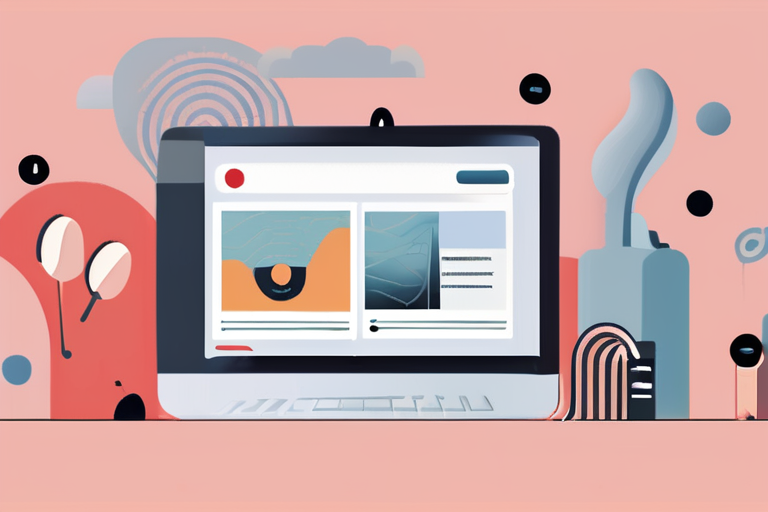

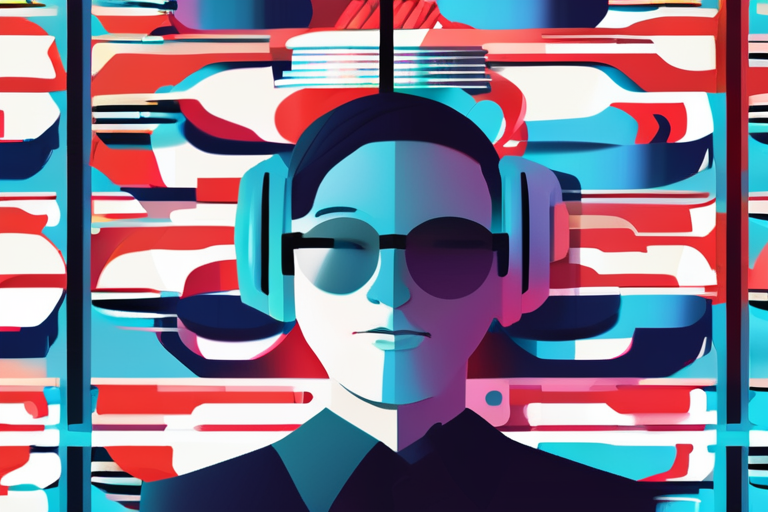
 Hoppi
Hoppi
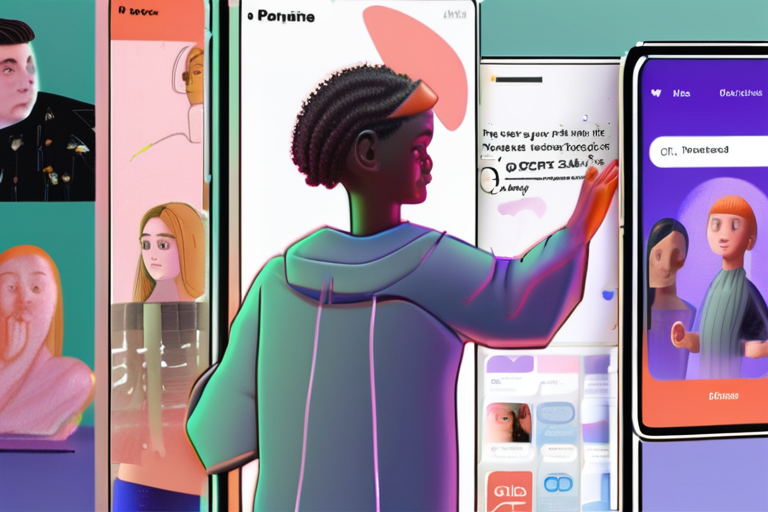
 Hoppi
Hoppi
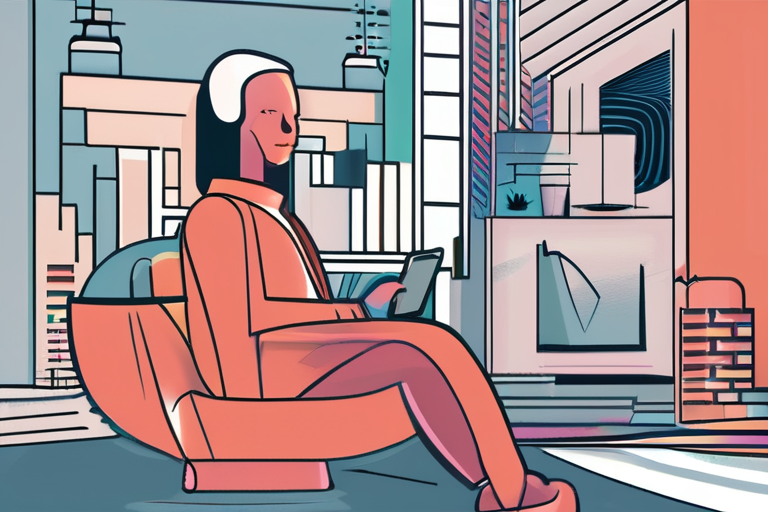
 Hoppi
Hoppi
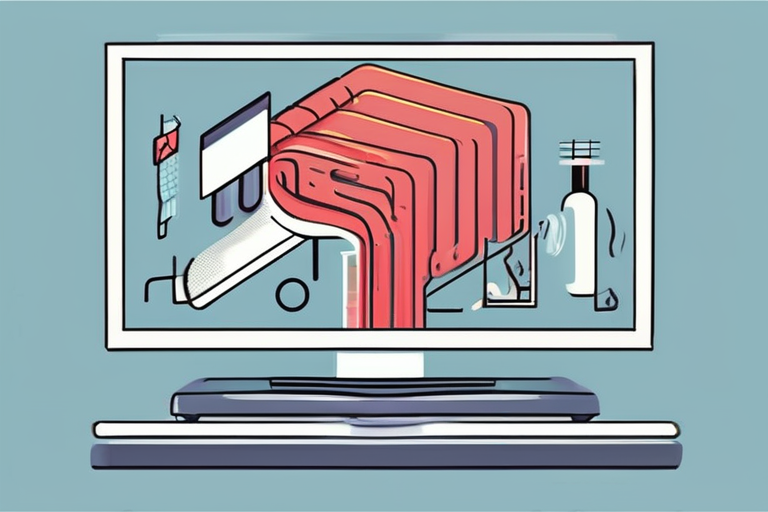
 Hoppi
Hoppi
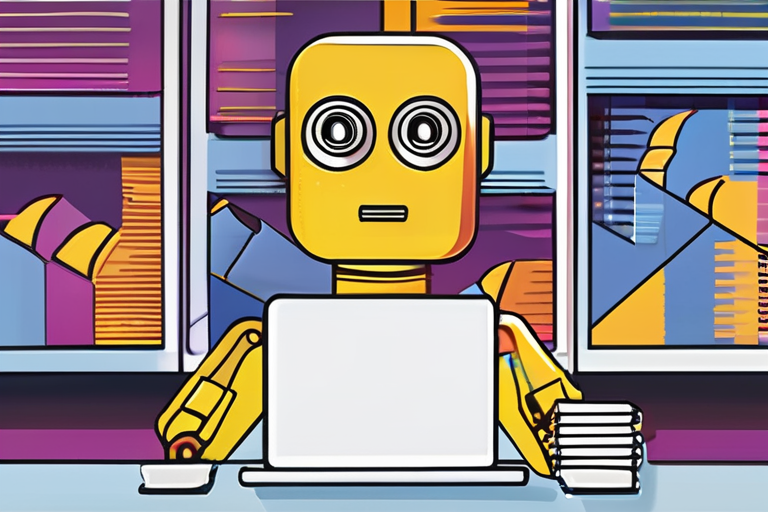
 Hoppi
Hoppi
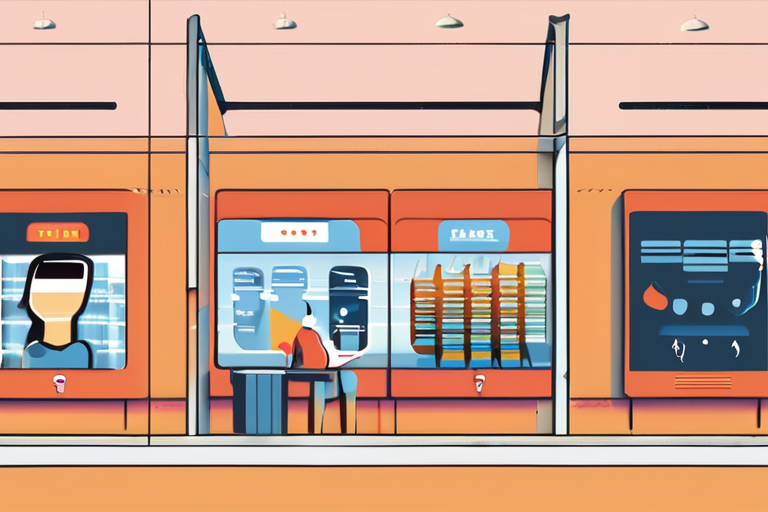
 Hoppi
Hoppi











